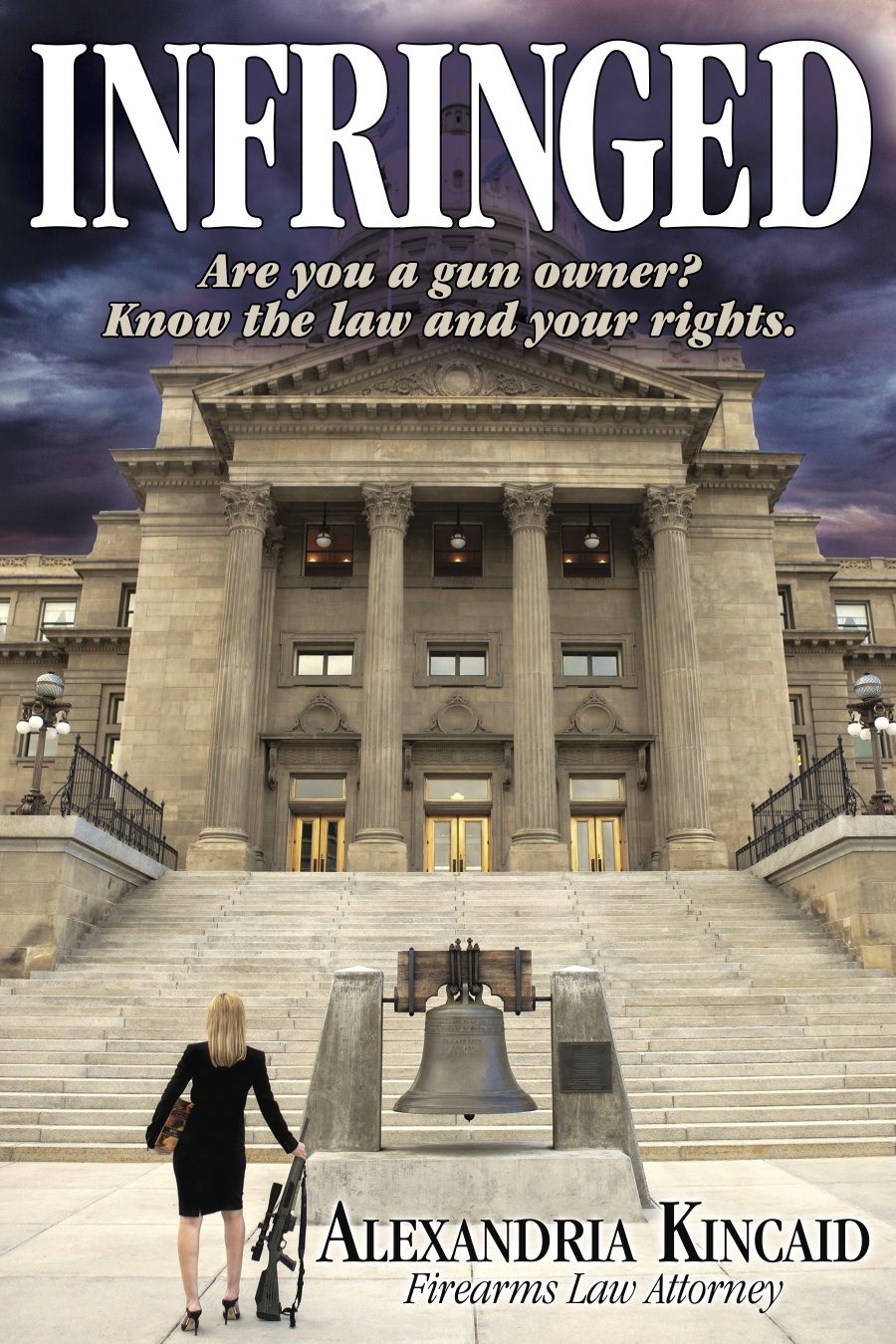Despite the rulings in the Heller and McDonald cases (if you don’t know what these cases are about, please read my book, Infringed), our United States Supreme Court refused today to protect Americans from so-called “assault weapons” bans that are passing with more frequency around the country.
In today’s case (Monday, December 7, 2015), “Friedman v. City of Highland Park,” the United States Supreme Court refused to accept the case for further briefing and hearing (“denied cert”) and has allowed an Illinois city to continue to deny residents the right to have many semi-automatic, “scary” rifles or large-capacity magazines.
The Illinois ban that is allowed to remain in place (and similar laws exist around the country), bans semi-automatic rifles and “large capacity” magazines, which the law defines as magazines that hold 10 or more rounds of ammunition. The ordinance defines an “assault weapon” as any semiâ€automatic gun that can accept a largeâ€capacity magazine and has one of five other features: a pistol grip without a stock (for semi†automatic pistols, the capacity to accept a magazine outside the pistol grip); a folding, telescoping, or thumbhole stock; a grip for the nonâ€trigger hand; a barrel shroud; or a muzzle brake or compensator. Some weapons, such as ARâ€15s and AKâ€47s, are prohibited by name.
Justice Clarence Thomas, whose opinion was joined by Justice Antonin Scalia, argued that the Supreme Court should hear the case to provide guidance to Americans on what types of firearms bans, if any, are allowed by the United States Constitution. Justice Thomas and Justice Scalia argued that bans on common semi-automatic rifles, such as the AR-15, are unconstitutional:
“Roughly five million Americans own AR-style semiautomatic rifles. The overwhelming majority of citizens who own and use such rifles do so for lawful purposes, including self-defense and target shooting. Under our precedents, that is all that is needed for citizens to have a right under the Second Amendment to keep such weapons.”
Justice Thomas and Justice Scalia end their dissent with the statement that the court has relegated the Second Amendment to a second-class right.
If only our entire panel of Supreme Court Justices believed in protecting our Constitution.
Until something changes, we are stuck with these bans as they now exist, and those who choose to disobey them in the states and cities where these laws are passed run the risk of prosecution and becoming criminals.

